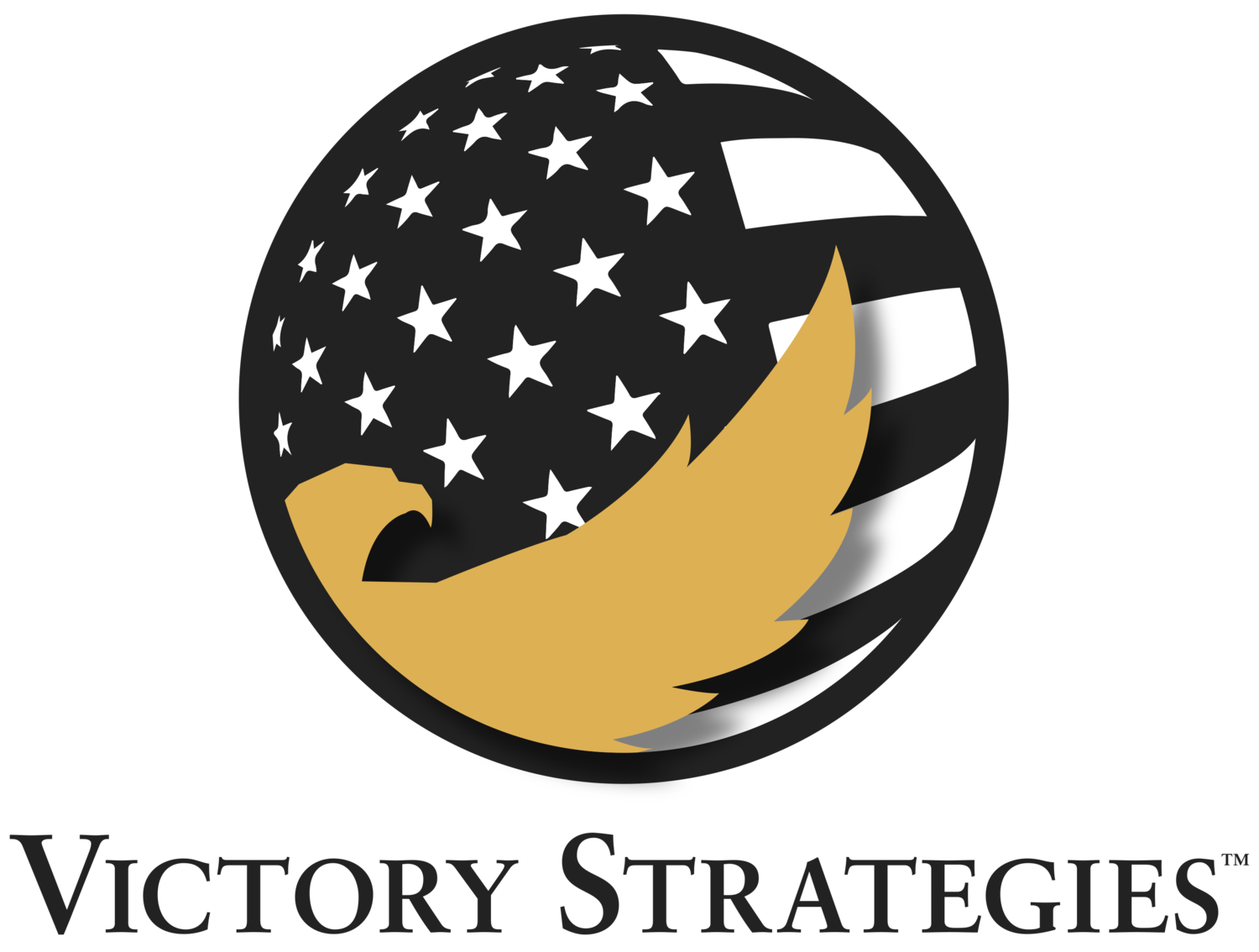For my last several years in uniform I repeatedly heard, “You don’t act like a colonel.” You can read that any number of ways, and the speaker would realize it, typically following up on the assertion with, “No, no, that’s a GOOD thing.” I always took it as a compliment in any case. For my 29 years in uniform, I identified two types of more senior individuals: those whose identity is tied to their position and those whose identity is grounded in who they are as people. I was uncomfortable with the former group and tended to go the extra mile for the latter group, so I decided that I would do my best to remain me. Not everyone makes that choice or is even aware of the choice.
We’ve all seen it: a person is selected for a leadership position or promotion and overnight he or she changes into someone unrecognizable. These individuals seemingly take on a new persona, a manifestation of how they think someone in that rank or position should be. Perhaps they feel unprepared or unqualified for their new status, so they “fake it till they feel it.” The mask they don can become a comforting crutch or alternate personality that they simply can’t function without.
The crux of the problem is that a person cannot lead effectively while wearing a mask because the mask is a lie. Real leadership is based on relationships. Healthy relationships are founded on trust and respect, which can’t happen if either party is less than honest. Sure, you can have a transactional relationship, but in such an arrangement one or both parties are hold back and bringing less than their best. Yes, you can tell people what to do, but that’s not leadership, that’s dictatorship. In a dictatorship, people will do what they are told, no more and typically no less. People being dictated to obey the letter of the law but tend to keep their ideas and concerns to themselves and certainly lack loyalty. Meaningful loyalty is a two-way street. Dictators are a dime a dozen, lamented by their teams, and quickly forgotten.
Leaders of distinction recognize the importance of being authentic and vulnerable because it’s the first step toward building a trust-based relationship. Being authentic and vulnerable isn’t about expressing every concern, fear, or inappropriate personal detail; it’s about maintaining your humanity and working to build relationships based on trust and shared commitment to a purpose. It’s about admitting mistakes when everyone knows you’ve made them and then working to make amends. Real leaders are not easily forgotten because they are so uncommon. Choose to be an uncommonly good leader.
Authored By: Jason Lamb, Managing Director

